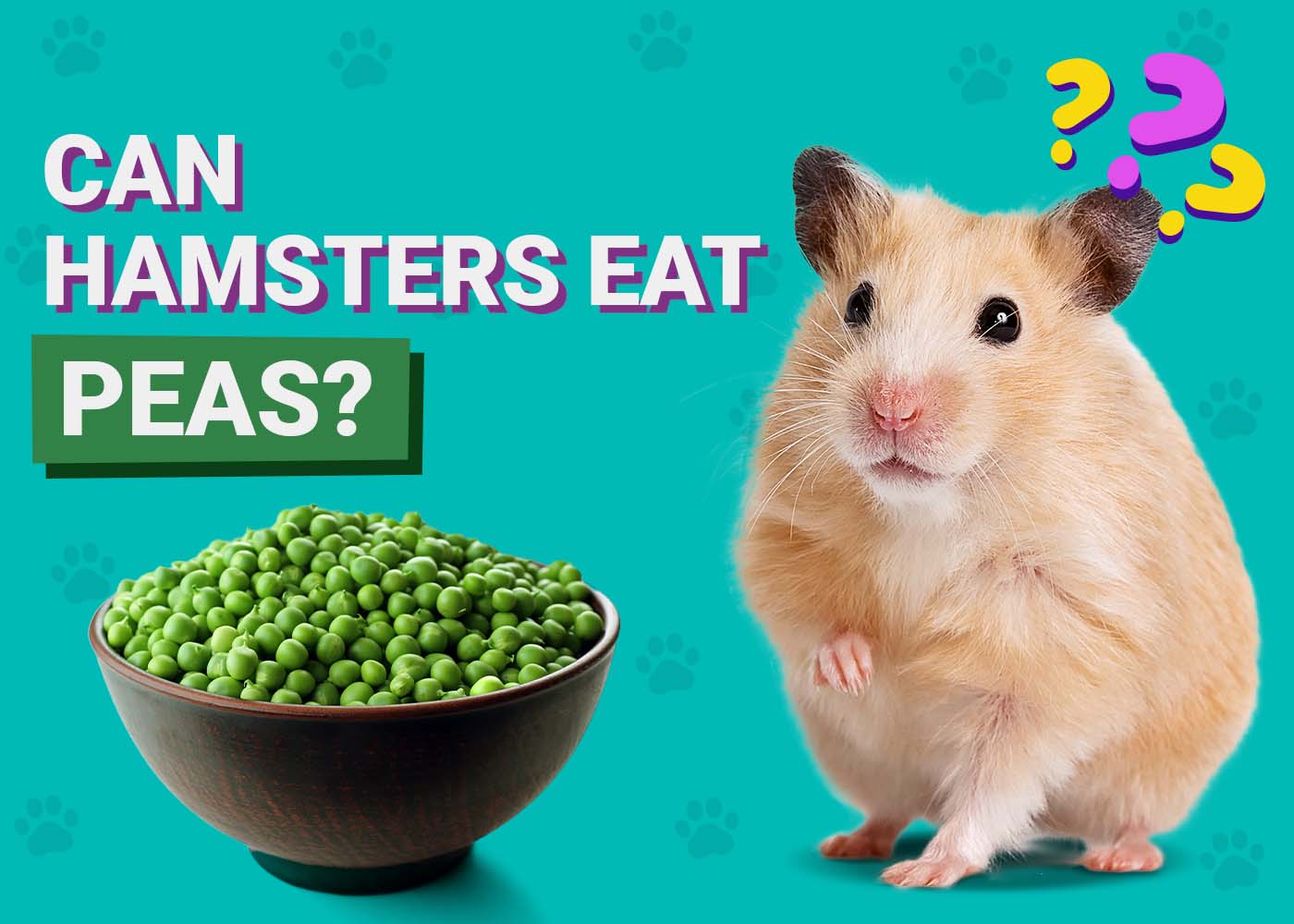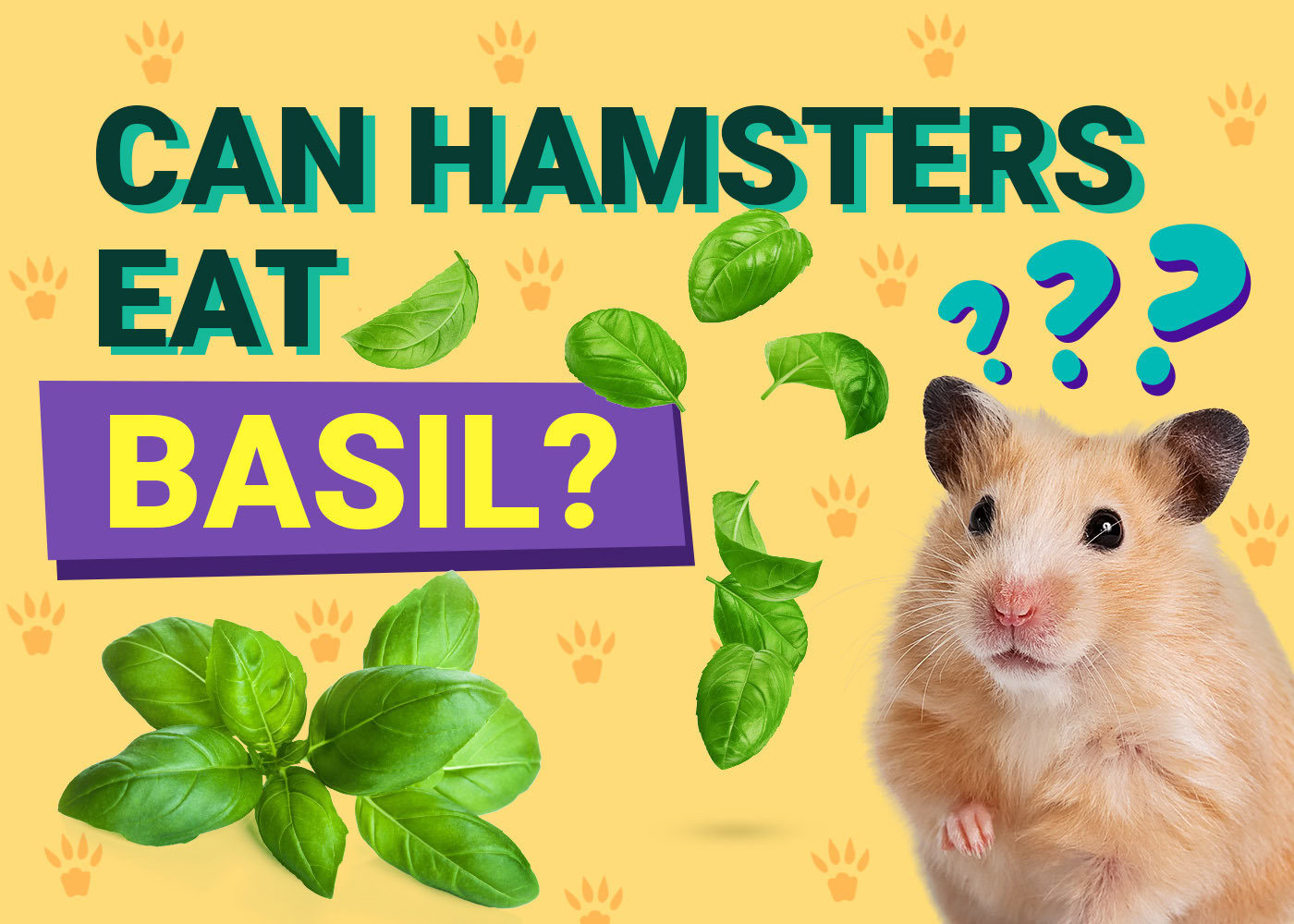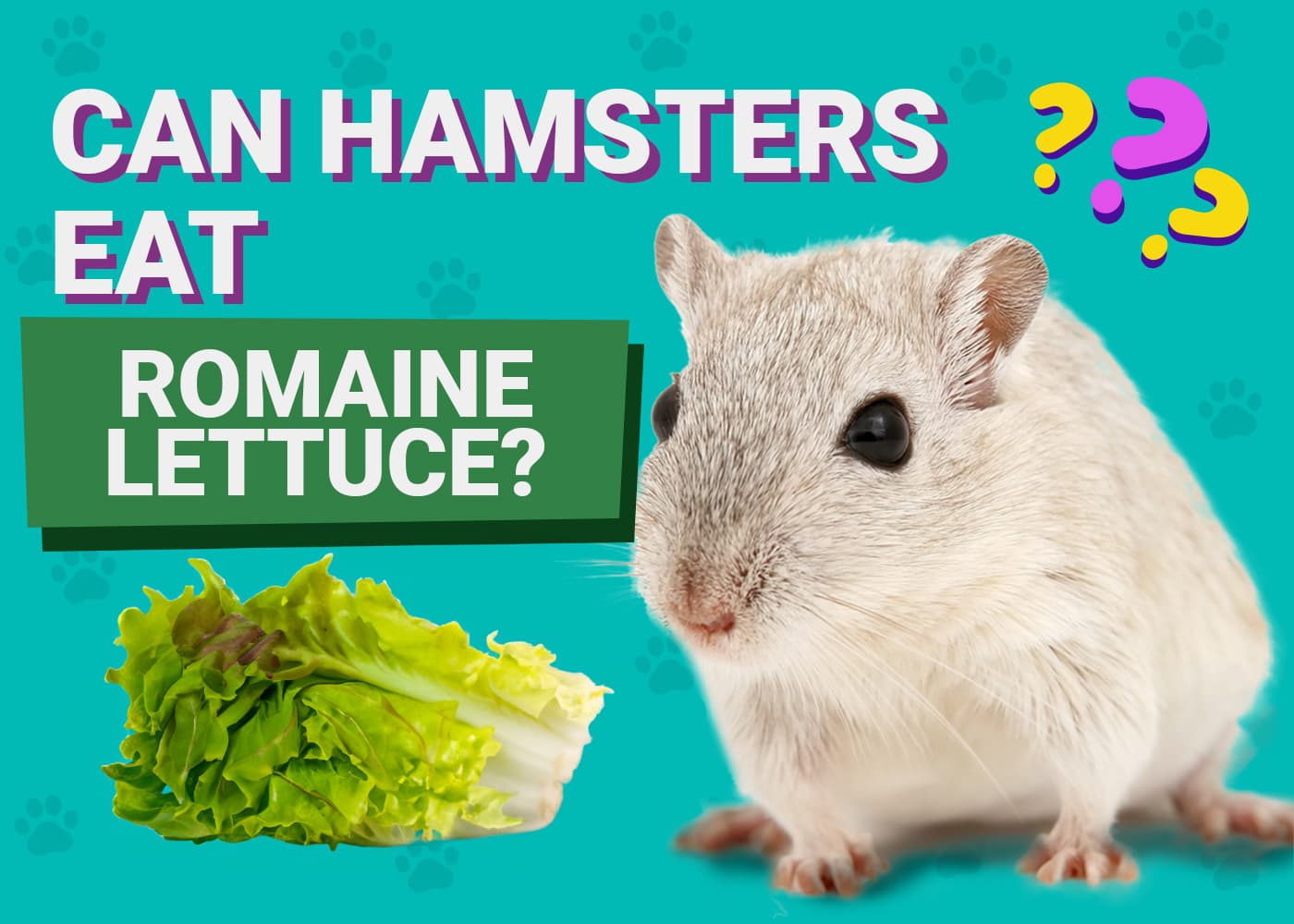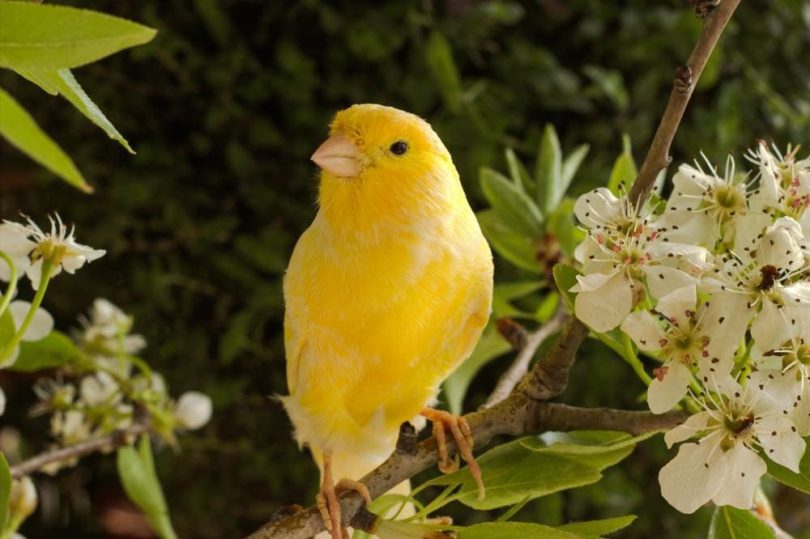VET APPROVED

The information is current and up-to-date in accordance with the latest veterinarian research.
Learn more »Click to Skip Ahead
Garden peas make for a wonderful addition to any meal, whether as a vegetable side or an ingredient within a dish. They add freshness, nutrition, and a bright pop of color. But can your hamster enjoy them as well?
Yes! Most hamsters can eat peas. However, several breeds cannot.
Peas are a very healthy addition to a hamster’s diet, provided that you take some choice precautions when feeding them. We’ll discuss the pros and cons of feeding your hamster peas and how many they can eat.

The 5 Health Benefits of Giving Your Hamster Peas
Hamsters are naturally omnivores and eat meat (specifically small insects) and vegetation. Peas have a few health benefits for hamsters.
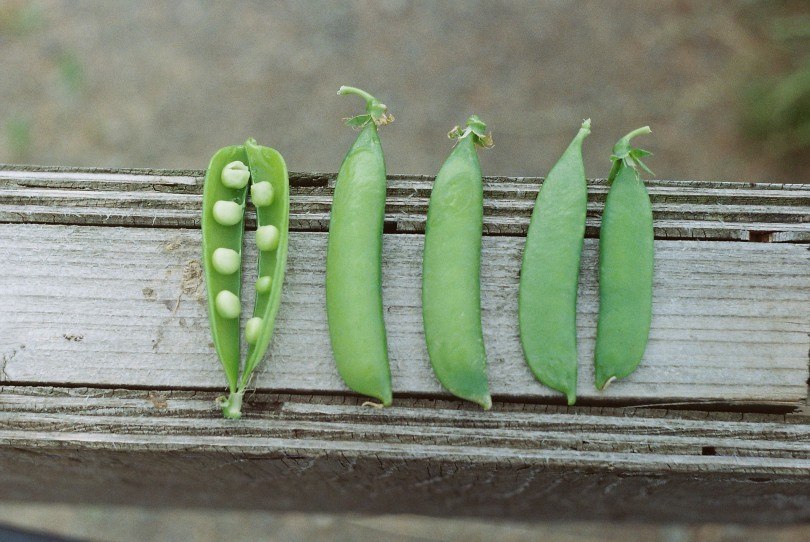
1. Peas Are Full of Dietary Fiber
Dietary fiber is extremely important for hamsters. It helps them maintain regular bowel movements, relieve constipation, and promote a healthy digestive system. Between 6% and 15% of your hamster’s diet should be fiber, and garden peas can definitely help them reach that goal.
2. Peas Contain Bone-Strengthening Manganese
Manganese is a mineral we don’t think much about, but it’s extremely important for all living creatures, especially hamsters. Manganese helps strengthen bones and fend off conditions such as osteoporosis and other debilitating bone/joint conditions. Since hamsters (and their bones) are so tiny, their bones must be kept as strong as possible. Manganese is also an antioxidant that helps fight off free radicals in your hamster’s body to protect them from illnesses and diseases.
3. Peas Are a Good Source of Folate and Iron
Folate and iron go hand-in-hand in helping regulate and maintain your hamster’s blood health. Folate is a crucial component for producing red and white blood cells in your hamster’s bone marrow, and iron assists with hemoglobin production and the creation of red blood cells.
4. Peas Contain Essential Vitamin B6
Vitamin B6 is vital for hamsters, supporting their nervous system, skin, and coat health. It also plays a key role in maintaining a strong immune system by helping the body produce antibodies and white blood cells.
5. Peas Are a Good Source of Protein for Hamsters
Hamsters are omnivorous animals that need both plant-based and animal-based proteins in their diets. Protein is a vital nutrient that supports their growth, muscle development, and tissue repair.

The 3 Risks of Your Hamster Eating Peas
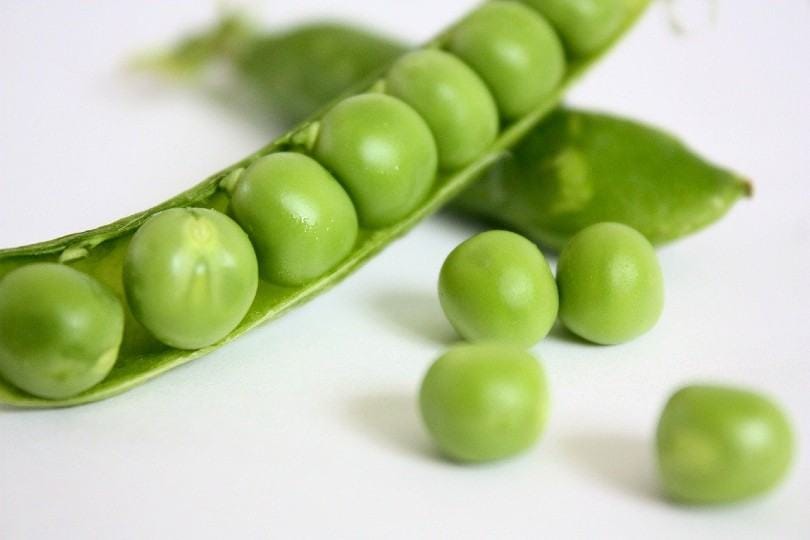
While peas are great for your hamster, and we recommend them, there are some precautions you need to take.
1. Be Careful With Portion Control and Limit Their Intake
Your hamster doesn’t need to be on an all-pea diet. If you feed your hamster nothing but peas, they will miss out on other vital components of a balanced diet. So, while peas are a great supplement, they don’t provide everything your hamster needs to thrive. Also, limit how many you give them in a single sitting. While peas seem very small to humans, they can be a huge meal for your hamster.
2. Peas Contain a Higher Than Usual Sugar Content for Hamsters
When peas are broken down by our bodies, they contain sugar. And while that sugar isn’t a big deal for humans, it can harm hamsters. This is another reason peas should only be fed sparingly to hamsters. Regular pea feeding can result in your hamster developing diabetes, which is particularly risky for dwarf species like Campbell’s and Russian dwarfs.
3. They Can Be a Choking Hazard
Choking on a single pea may seem a bit far-fetched to us; however, a single pea may be entirely too big for some hamsters. If you have a Roborovski variety, you may want to cut peas in half or even into quarters before giving them to your hammy.

Hamster Feeding Guide for Peas
While peas are generally beneficial to hamsters, some breeds shouldn’t eat peas.
- Syrian Hamsters — They are the largest variety of hamsters and can eat the most peas. We recommend that you don’t feed them more than 6 peas per week or more than two every other day.
- Roborovski Hamsters — Robo hamsters are smaller than Syrians, so they eat considerably less. We recommend that you don’t feed them more than 3 peas per week or more than one every other day.
- Winter White Hamsters — We do not recommend feeding peas to Winter White hamsters. They are a dwarf hamster breed with a very sensitive diet and constitution.
- Campbell’s Hamsters — These hamsters are similar to the Winter White variety. Therefore, we don’t recommend feeding peas to your Campbell’s hamster.
- Other Dwarf Hamsters— Due to their diminutive size, Dwarf hamsters have tricky diets to balance. We don’t recommend feeding them peas, as it can be challenging to balance the nutrition. Instead, feed them specially designed food for dwarf hamsters.


Summary
Depending on your hamster’s species, garden peas can be a great source of nutrition, vitamins, and minerals. Just be sure that you practice moderation when serving them. Peas can be a very large snack and a sugary one at that. However, if you practice moderation and portion control, you won’t have any issues.
If you decide to give your hamster peas, be sure they’re only eating plain peas. Don’t feed them leftovers from your meal since they’ll probably contain extra salt, butter, or other seasonings. Hamsters should be fed peas with nothing added to them.
See Also:
Featured Image Credit: Mikołaj Idziak, Unsplash
